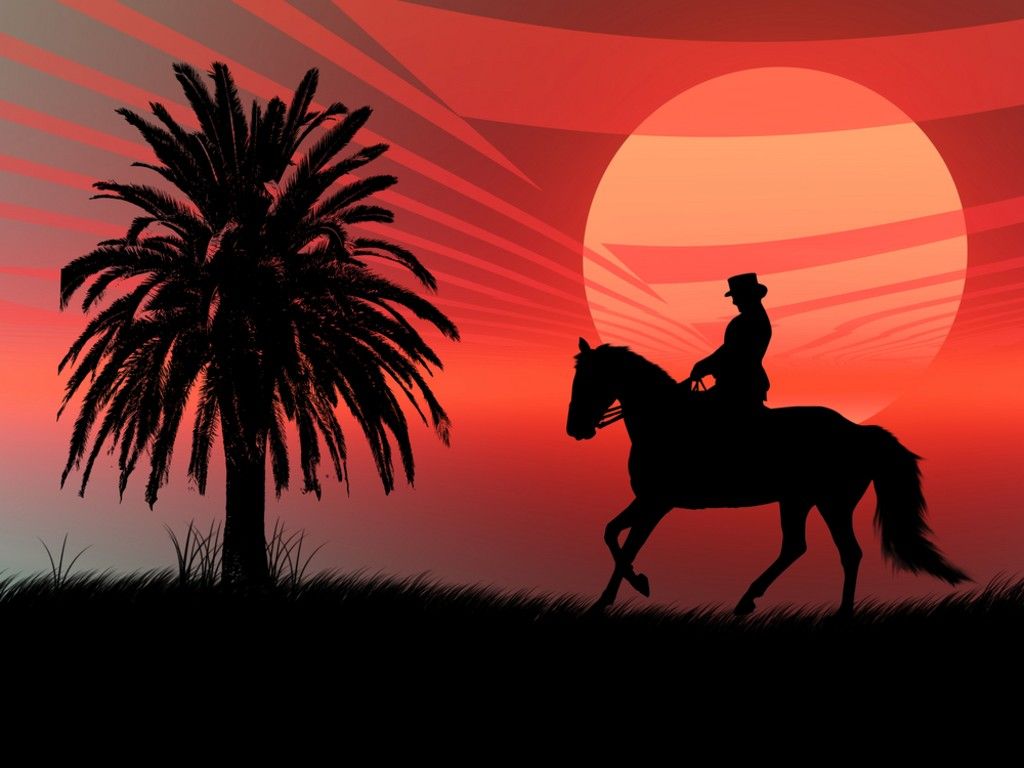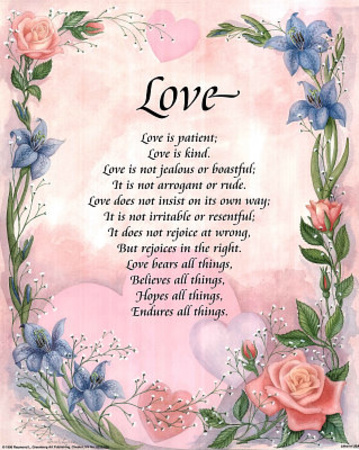Sweet Love Poems Biography
Source(google.com.pk)The relationship between a husband and wife is amongst the closest ones in this world. Though they are not related by birth, they remain with each other throughout their life, even when everyone else gets busy and forgets to keep in touch. Though a husband/wife understands the importance of his/her partner, it is only on occasions, like birthday, anniversary or Valentine’s Day, that he/she conveys the same. If you are also one such husband, why not make your wife feel special without any occasion. Tell her how much you love her and what she means to you. In case you need any help, make use of the love poetry provided in the lines below.Though he is known primarily as a poet of the Midwest, David Baker was born in Bangor, Maine in 1954. He spent his childhood in Missouri and attended Central Missouri State University before receiving his PhD from the University of Utah. He has won fellowships and awards from the Poetry Society of America, the Pushcart Foundation, the National Endowment for the Arts and the Guggenheim Foundation. Currently a Professor of English and the Thomas B. Fordham Chair in Creative Writing at Denison University, Baker is also the editor of the Kenyon Review. He lives in Granville, Ohio.
Baker is often described as a poet of place, indebted to the American Romantic tradition of Emerson and Whitman, as well as Frost. His poems typically explore an individual’s sense of and engagement with their natural surroundings, and embrace complicated notions of history, home and memory; Baker himself has delineated the importance of landscape and place to his poetry. In an on-line interview with Paul Holler he said: “I find a connection between my poetry and my place in the world. I am sure that my work would be different if I lived a long time somewhere else; of course it would, though I have no real way of estimating what that would be, how my poems would change. As it is, I can't see how I could write without a devout attention to place—the language, ways of life, my neighbors and family, the rigor and leisure that grow here where I live. Wallace Stevens wrote that ‘we live in the mind.’ But I would add to that, to assert that if we live in the mind, then the mind lives in the body, and the body lives in a particular time and place in the world, taking sustenance, loving, working, laboring in that time and place.”
Baker’s collections of poetry include the widely-acclaimed Changeable Thunder (2001), Midwest Eclogue (2007) and Never-Ending Birds (2009). Reviewing Midwest Eclogue for Verse magazine, Kevin Cantwell described the book’s “meditative pastorals and epistolary natural histories” that give the reader “not so much the uneasiness of living in the poem but a sense of the poem as timbre for the uneasiness of the poet’s mind. Baker’s poems trust that ordinary language can still leverage the liminal moment through a kinetic syntax and conversational force.” The poet Carol Muske-Dukes, calling Baker “a reliably illuminating presence in American poetry,” noted that the poems in Never-Ending Birds are “tightly controlled, but aching with loss.” Edward Byrne, writing for the Virginia Quarterly Review, perhaps summarized Baker’s work best. Reviewing the collection Changeable Thunder, Byrne wrote: “Baker speaks to the importance of memory even when selective or ambiguous, the value of life and the language to describe or explain it, the need to know how to connect the past with the present, to blend memories with continuing events in a way that seems to keep all alive simultaneously in our minds, to mourn but also to learn from the past and the people who still reside there for us in order to direct the present wisely or to turn with optimism toward the future.”
In addition to his numerous volumes of poetry, Baker has published three works of literary criticism. Meter in English: A Critical Engagement (1996) is a compilation of essays by various poets responding to a Robert Wallace piece on prosody, while Heresy and the Ideal: On Contemporary Poetry (2000) contains Baker’s own critical essays on individual poets and poems. With his wife, the poet Anne Townsend, Baker compiled and edited the collection The Radiant Lyre: Essays on Lyric Poetry (2009). The book, which grew out of a panel discussion at the 2000 Associated Writers Program conference, considers the traditions, shapes, forms and rhetorical gestures of lyric in three main genres of poetry—the elegy, the ode and the love poem.
Baker told Contemporary Authors: "I have surprised myself, I suppose, by seeing how important poetry has become to my life. I first began writing in college, experimenting as students do with their current subject. I continue now out of something close to necessity. I want to continue to believe that a growing sensitivity toward language nurtures a growing sensitivity toward the user of language—the human being."
Sweet Love Poems

Sweet Love Poems

Sweet Love Poems

Sweet Love Poems

Sweet Love Poems

Sweet Love Poems

Sweet Love Poems

Sweet Love Poems

Sweet Love Poems

Sweet Love Poems

No comments:
Post a Comment